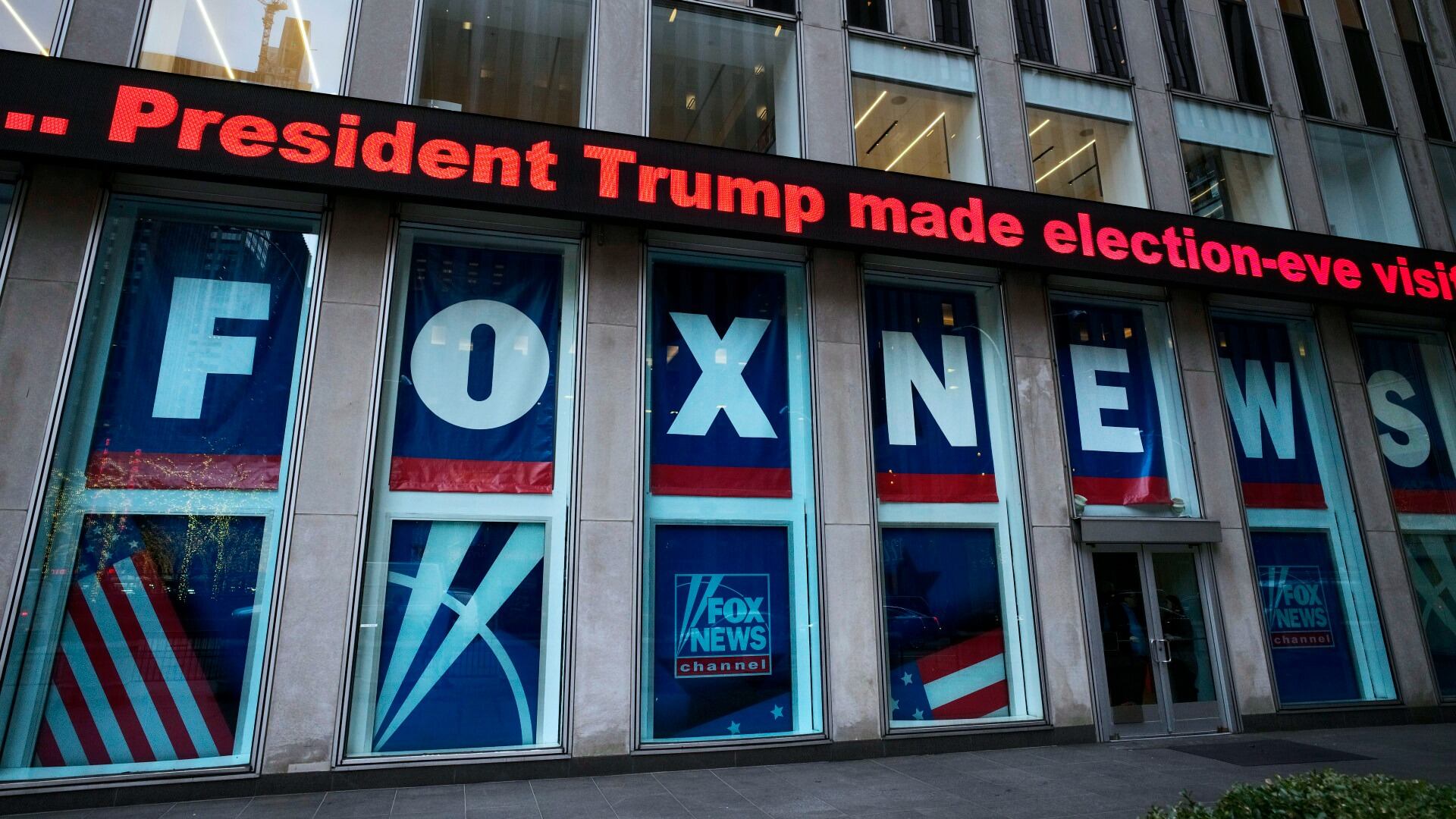By Randall Chase
A voting machine company’s defamation case against Fox News over its airing of false allegations about the 2020 presidential election will go to trial after a Delaware judge on Friday allowed a jury to decide whether the conservative network aired the claims with actual malice, the standard for proving libel.
Superior Court Judge Eric Davis ruled that neither Fox nor Dominion Voting Systems had presented a convincing argument to prevail on whether Fox acted with malice without the case going to a jury. But he also ruled that the statements Dominion had challenged constitute defamation “per se” under New York law. That means Dominion did not have to prove damages to establish liability by Fox.
“The evidence developed in this civil proceeding demonstrates that (it) is CRYSTAL clear that none of the statements relating to Dominion about the 2020 election are true,” Davis wrote in his summary judgment ruling.
The decision paves the way for a trial start in mid-April.
Dominion is suing the network for $1.6 billion, claiming Fox defamed it by repeatedly airing false claims about the company’s machines and its accompanying software. Court records and testimony revealed that many Fox hosts and executives didn’t believe the claims but continued to air them.
Fox has said it was simply covering very newsworthy allegations. The coverage fed an ecosystem of misinformation surrounding former President Donald Trump’s loss in 2020 that has persisted ever since.









